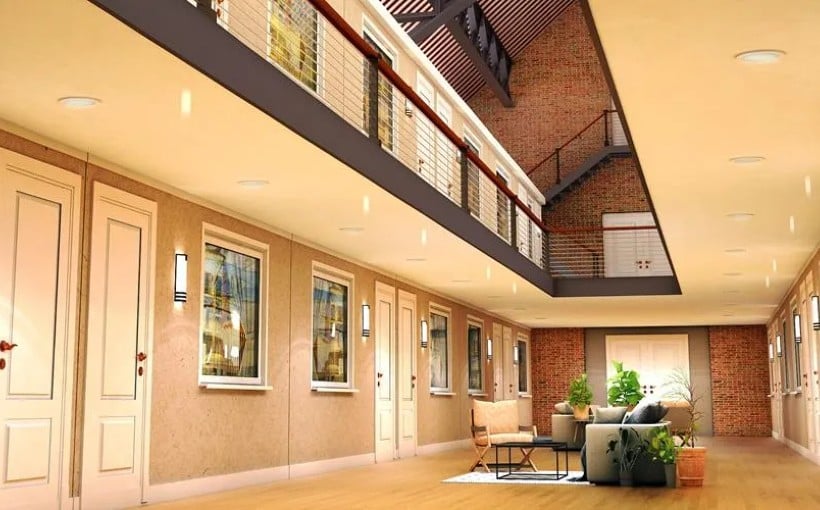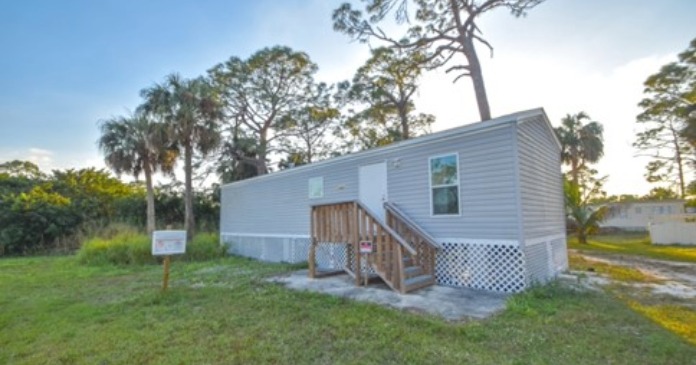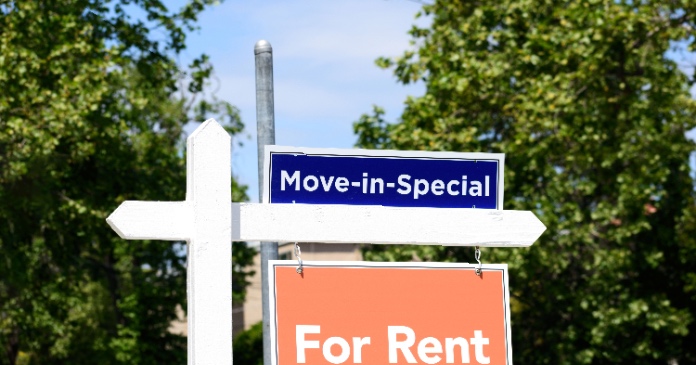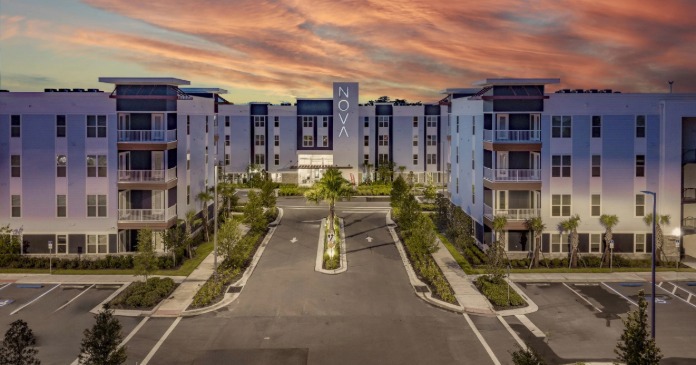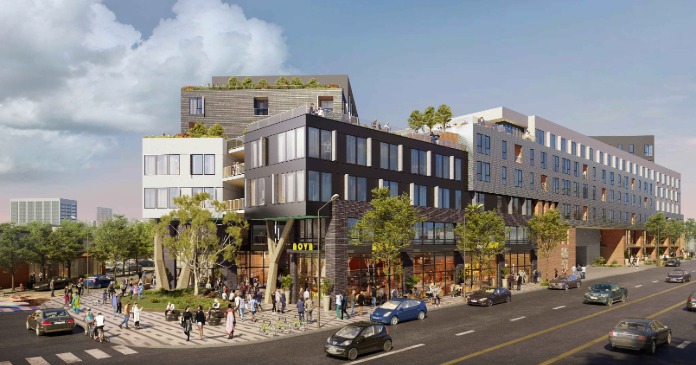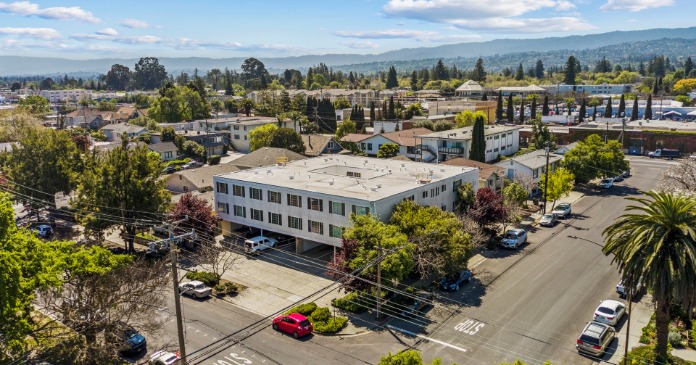Deals on apartments were so enticing that Tice, a tech worker, was willing to give up the most elusive of city dwellings: a rent-controlled one-bedroom.
Tice moved from a small, run-down Lower East Side apartment to a new place in the East Village with more modern appliances, an updated bathroom, outdoor space and an in-unit washer and dryer for $200 more.
“I kind of thought it was a last chance to get a real good deal,” he said.
How long this last chance for NYC renters will last is an open question. Many landlords are holding out hope—and their apartments—that it won’t be for much longer.
More than 50 percent of unrented apartments in Manhattan are being kept off the market, according to UrbanDigs data.
That means for every deal like Tice scored, there’s another would-be deal simply not being offered.
The practice of holding onto unrented apartments is called “warehousing” and it hit record levels during the pandemic. It’s a sign landlords are waiting for prices to go back up in their favor, said John Walkup, co-founder of UrbanDigs.
But it’s also a gamble for landlords that could actually drive prices down further and ultimately bottom out the market in NYC.
Pandemic reshapes rental market
Apartment shoppers in NYC could find the hunt for a new place has changed forever.
Renting apartments in the city followed a strict pattern before the coronavirus pandemic, Walkup said. Leases would typically start and stop in summer to coincide with school schedules and jobs that began in the fall, he said.
“This practice had gone on since immemorial and then COVID hit,” he said.
The coronavirus pandemic in 2020 shook the rental market to its foundation. Many prospective renters simply left the city for good, and their leases generally all expired between May and August, Walkup said.
Landlords started offering concessions—a free month of rent here, a waived parking fee there—to entice renters back, Walkup said. But with a glut of unrented apartments across the city, it was only a matter of time before rents dropped too, he said.
And drop they did.
Asking rents dropped by 20 percent or more in Manhattan and Brooklyn, according to UrbanDigs data. Rents are still astronomically higher than what’s considered reasonable in most other cities, but for New York City tenants, they’re steals.
The problem is landlords consider the prices unsustainable, especially if they’re locked into years-long leases, Walkup said.
So landlords started socking away empty apartments. The percentage of “warehoused’ apartments in the city pre-COVID was typically 20 to 25 percent, Walkup said.
But between July and August that went up significantly, UrbanDigs data shows.
“The market was so saturated they were pulling things off basically as fast as they came back on,” he said.
Walkup said this wasn’t a collective effort —individual landlords each came to the same business decision separately. He said they’re now offering a bare minimum of apartments to cover their immediate expenses.
Off-market apartments are now just over 50 percent, UrbanDigs data shows.
Excerpt Matt Troutman, MSN




